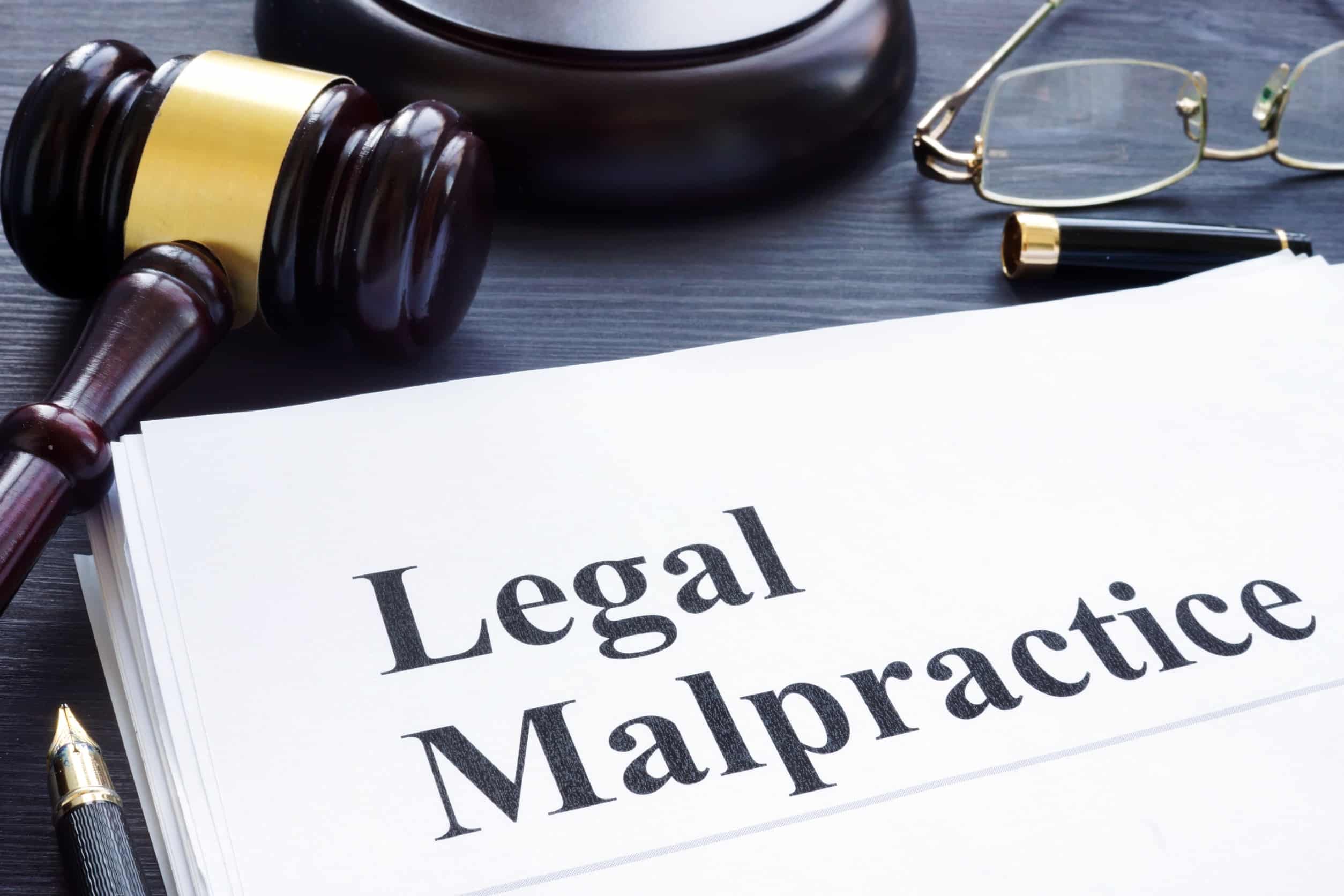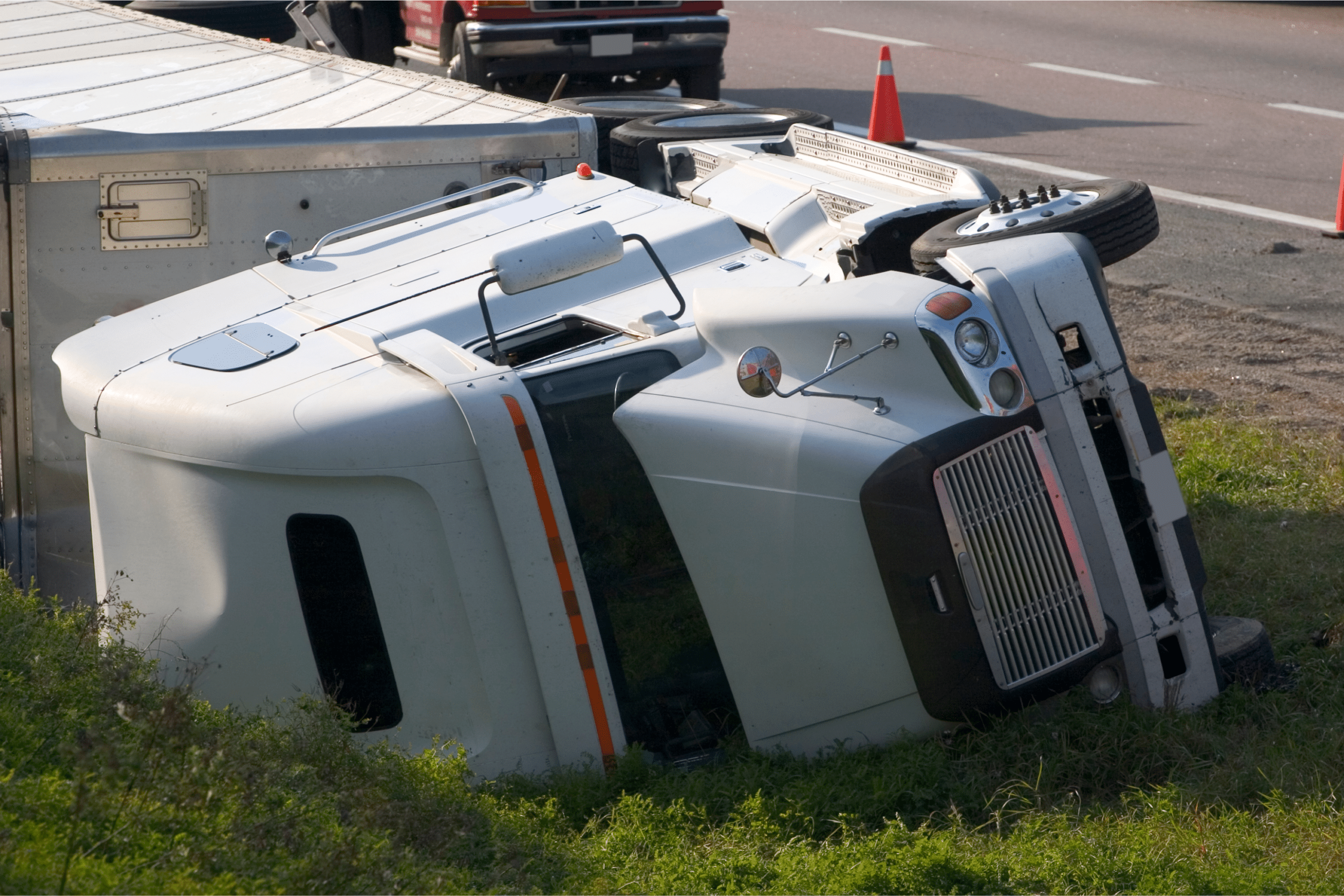Wrongful Death Damages Florida Allows You to Recover
If your loved one has died due to someone else’s negligence, you may have grounds for a wrongful death lawsuit. Below, we’re going to explain how wrongful death claims work in Florida, including the rules and filing procedures you need to follow in order to claim damages.
How Wrongful Death Is Defined Under Florida Law
Wrongful death is often related to manslaughter or murder charges, and it can award financial compensation to survivors. These types of claims can be made for lost support and income, lost companionship, and pain and suffering.
Specifically, Florida law states that wrongful death claims can be made if a person died due to “the wrongful act, negligence, default, or breach of contract or warranty of any person, including those occurring on navigable waters.” The law also allows compensation for damages that occur from the time of the injury to the time of death, as well as projected future income plus interest.
Wrongful Death Examples
Wrongful death claims can be filed for the following circumstances:
- Defective product accident
- Distracted driving accident
- Drunk driving accident
- Tractor-trailer truck accident
- Explosions or fires
- Medical malpractice
- Any other type of error caused by someone else’s negligence
Who are the Participants in a Wrongful Death Claim?
Depending on the situation, a wrongful death claim can be filed against an individual or an entity. For example, a claim involving a drunk driving accident may be filed against an individual. A claim involving a defective product, however, would be filed against one or more entities involved in the product’s design, manufacture, and distribution.
Florida law requires that a personal representative of the decedent’s estate file a wrongful death claim. If no will or estate plan exists, the court will appoint a personal representative in the case. The personal representative presents the case on behalf of all people seeking damages.
In Florida, anyone who is a spouse, child, parent, adoptive sibling, or dependent blood relative of the decedent may file a wrongful death claim. The law mandates that these individuals be “partly or wholly dependent on the decedent for support or services.”
A child can recover damages if his or her parents are unmarried when his or her mother dies. However, he or she can recover damages when the father dies only if the father legally claimed the child as his own and was legally obligated to financially support the child.
Types of Damages That May Be Awarded in Wrongful Death Claims
Under the Florida Wrongful Death Statute, the surviving family members and the estate can both recover damages in a lawsuit.
The surviving family members can recover damages for the following:
- Loss of support
- Loss of provided services
- Loss of companionship and protection
- Loss of instruction for minor children
- Loss of guidance for minor children
- Mental and emotional pain and suffering
- Medical expenses
- Funeral expenses
In each of these cases, the relationship to the decedent, the replacement value, and probable future income are all taken into consideration.
The estate can recover damages for the following:
- Lost wages
- Lost benefits
- Other earnings
- Prospective net earnings
- Medical and funeral expenses paid by the estate
- Expected value of the estate had the decedent lived
The estate loss of earnings will be calculated from the date of injury to the date of death and interest will be added. The lost support of survivors and in-kind contributions will be excluded.
Some cases that involve malicious, reckless, or intentional misconduct may qualify for punitive damage in addition to wrongful death damages. A skilled Florida injury attorney will know what type of damages will apply in your particular case.
Filing Limits on Wrongful Death Claims
The Florida statute of limitations on wrongful death claims is two years from the time of the decedent’s death. If you wish to file a wrongful death claim, it’s important to file within that time period. Only in special circumstances can the filing time be extended, so check with a knowledgeable lawyer before you file.
The last thing on your mind when your loved one dies is filing a lawsuit. However, if someone else’s negligence caused your loved one’s death, you owe it to your family, your lost loved one, and yourself to seek compensation and hold them accountable for their actions. Florida wrongful death laws are complex, but they may allow for you to be awarded significant compensation for your losses, expenses, and suffering.
Wrongful death lawsuits can be difficult to navigate on your own. It’s important to contact an experienced wrongful death attorney as soon as possible so the facts can be investigated and your rights can be protected. Call today for a free consultation.
About the Author:
Andrew Winston is a partner at the personal injury law firm of Winston Law. For over 20 years, he has successfully represented countless people in all kinds of personal injury cases, with a particular focus on child injury, legal malpractice, and premises liability. He has been recognized for excellence in the representation of injured clients by admission to the Million Dollar Advocates Forum, is AV Preeminent Rated by the Martindale-Hubbell Law Directory, enjoys a 10.0 rating by AVVO as a Top Personal Injury Attorney, has been selected as a Florida “SuperLawyer” from 2011-2017 – an honor reserved for the top 5% of lawyers in the state – and was voted to Florida Trend’s ”Legal Elite” and as one of the Top 100 Lawyers in Florida and one of the Top 100 Lawyers in the Miami area for 2015, 2016, and 2017.
 Be Careful of Other Drivers This St. Paddy’s Day in Florida
Be Careful of Other Drivers This St. Paddy’s Day in Florida 


















